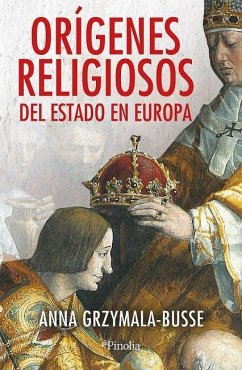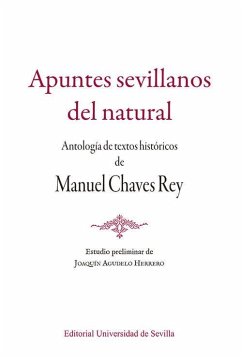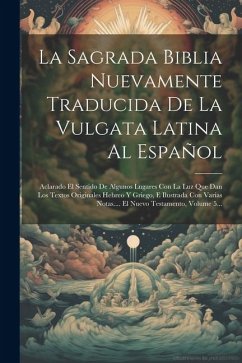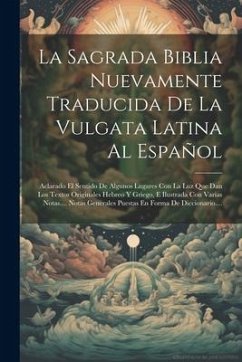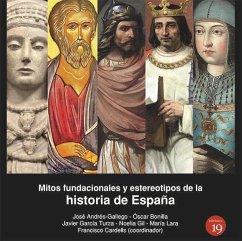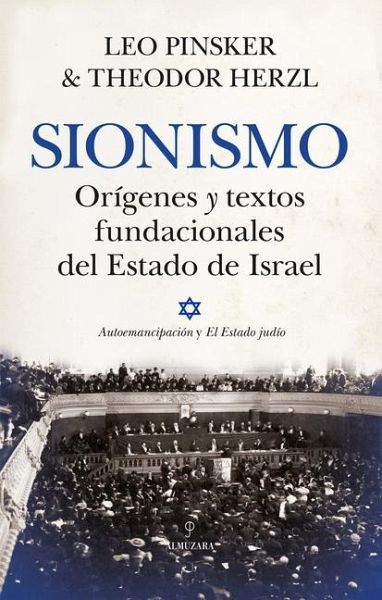
Sionismo. Origenes Y Textos Fundacionales del Estado de Israel
Versandkostenfrei!
Versandfertig in über 4 Wochen
17,99 €
inkl. MwSt.

PAYBACK Punkte
9 °P sammeln!
When and why was the State of Israel founded? What ideas underlie it? What causes and aspirations underpin such a great event in world history? The pages of this volume offer answers to the questions posed, revealing, in addition, the foundations of some of the motives that influence the consequences linked to success in the enterprise of establishing a Jewish State. Leo Pinsker and Theodor Herzl, the visionaries behind the words compiled in this volume, brought about a remarkable intellectual and practical revolution by transforming what until the 19th century had been a religious yearning, c...
When and why was the State of Israel founded? What ideas underlie it? What causes and aspirations underpin such a great event in world history? The pages of this volume offer answers to the questions posed, revealing, in addition, the foundations of some of the motives that influence the consequences linked to success in the enterprise of establishing a Jewish State. Leo Pinsker and Theodor Herzl, the visionaries behind the words compiled in this volume, brought about a remarkable intellectual and practical revolution by transforming what until the 19th century had been a religious yearning, crystallized in a formula of hope, into an outstanding political imprint: the coming year in Jerusalem. A mark that led them to transcend Judaism, giving it a universal significance. The establishment of their own State meant, in effect, not only emancipating the Jewish people from the Gentiles who dominated them, but, and this is much more decisive, from God himself, who humiliated them through those same Gentiles and from the messianic hope of the second coming of the Messiah, who chained them by means of hope to wait. Once created, this State would free it from all yoke and elevate it to a finally "chosen" people. Zionism, the theoretical-practical movement created by Hess, Pinsker and Herzl, in fact substituted hope for action and God for man: it was, in short, the Jew himself who had to create the means that would liberate him and dignify him as a man on earth.



